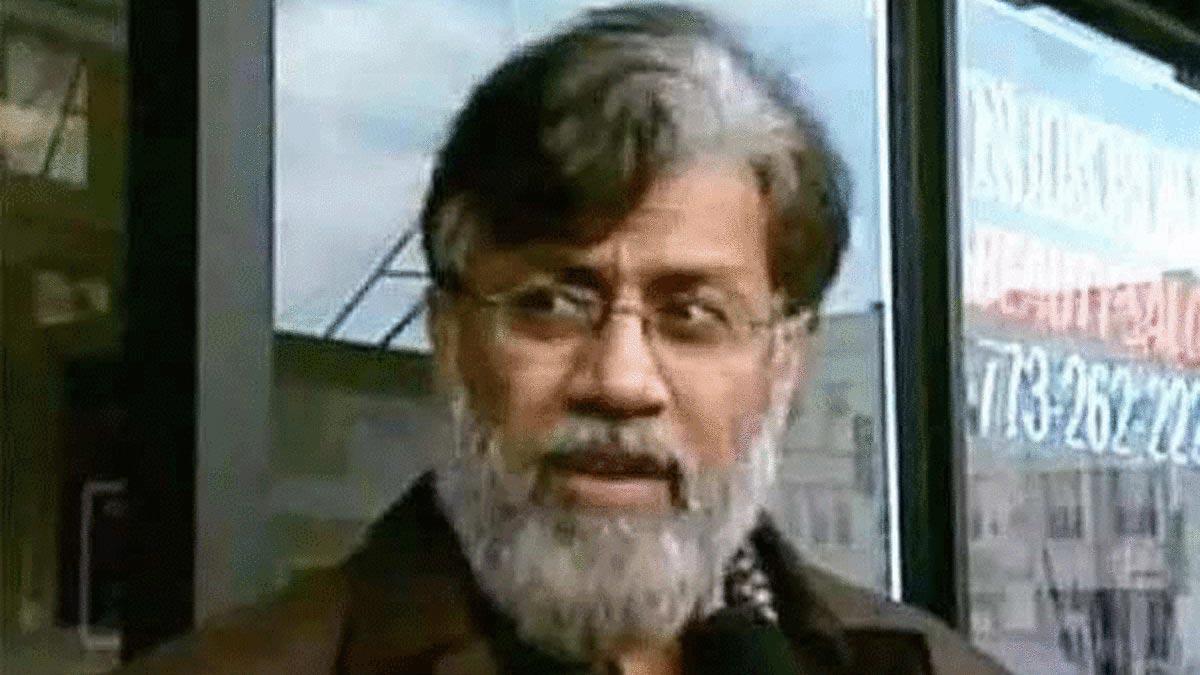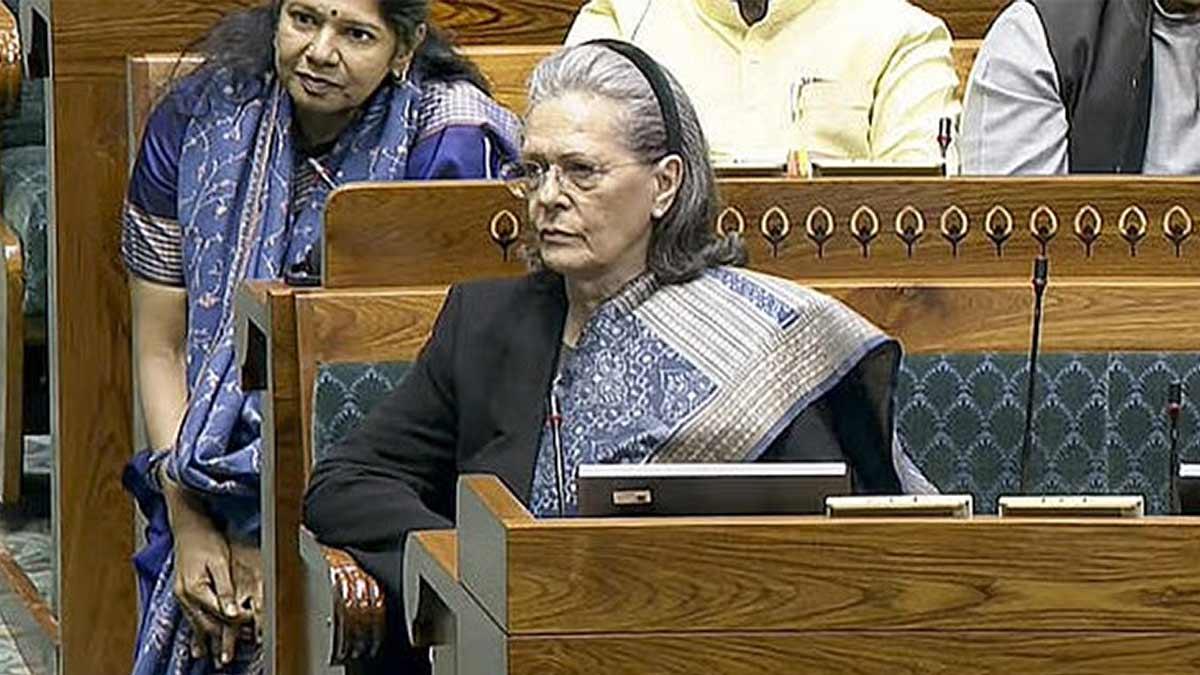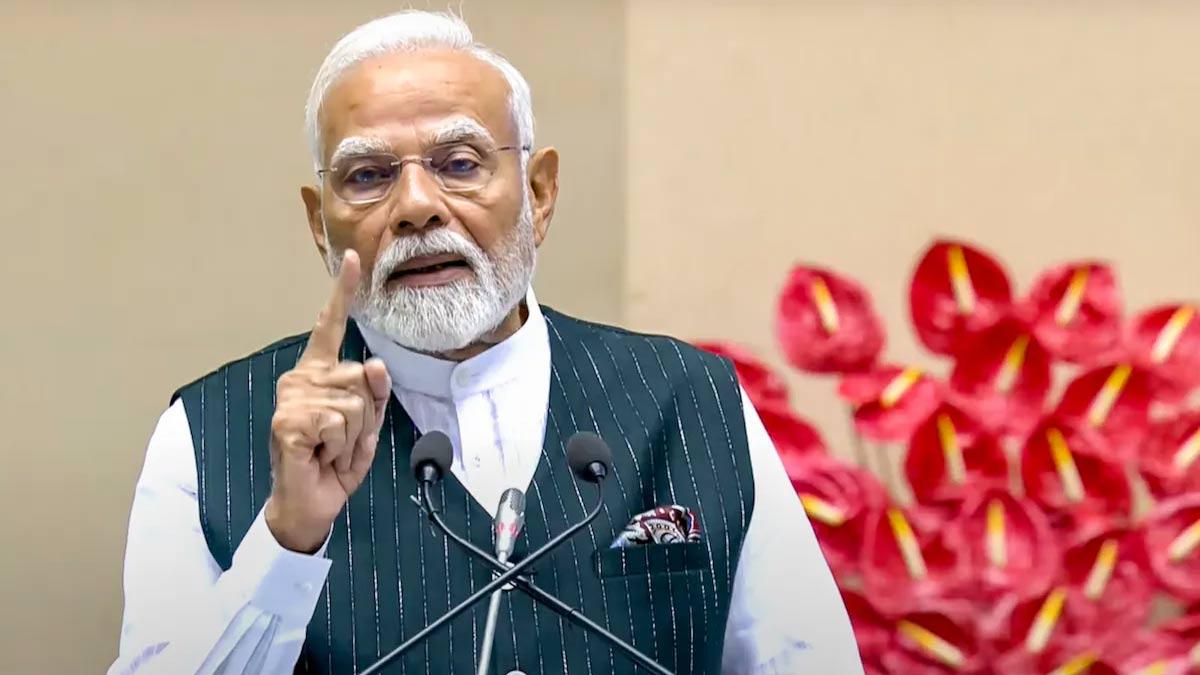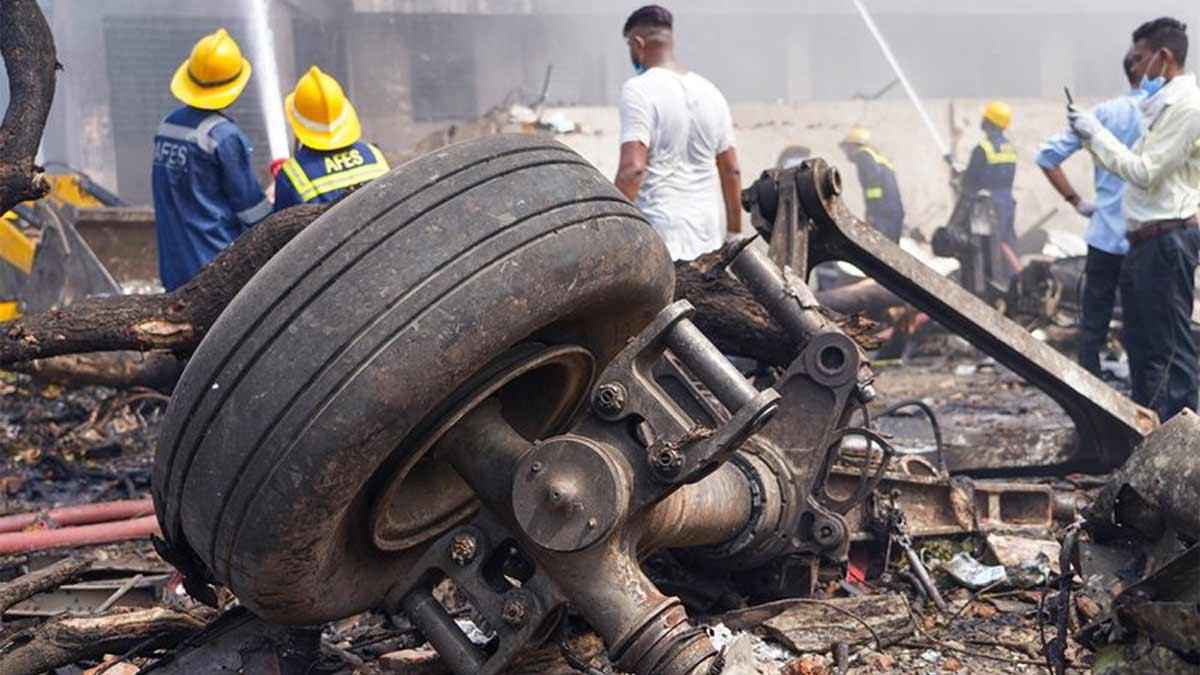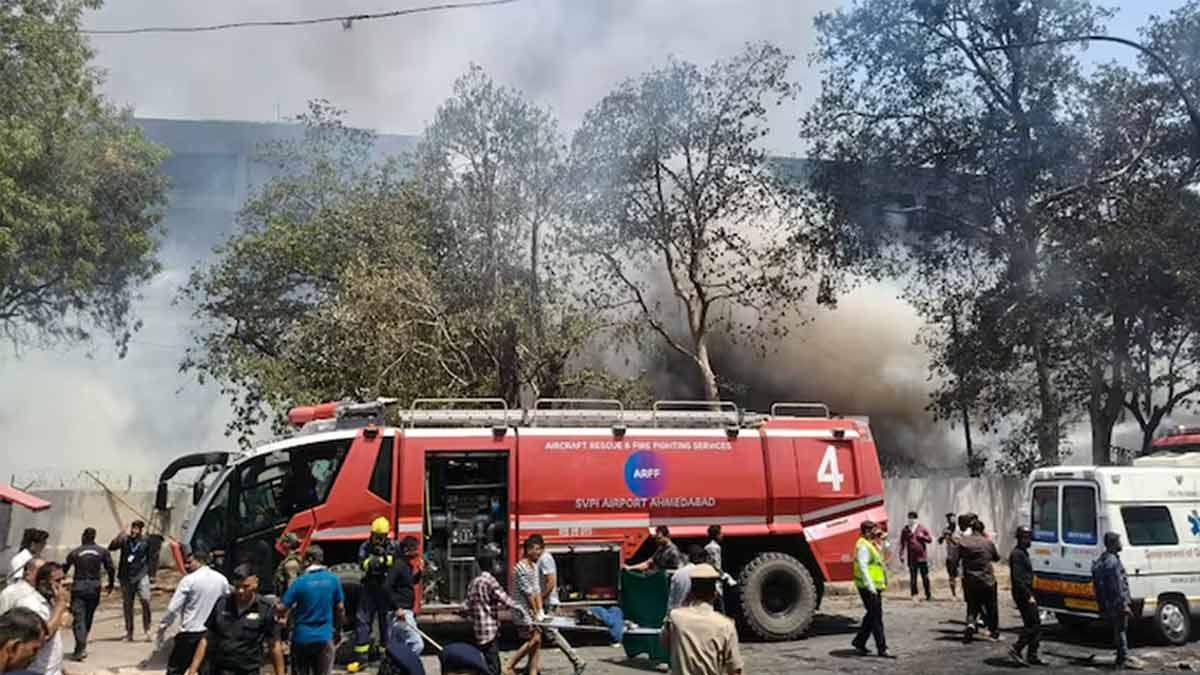Pakistani-Canadian Tahawwur Rana may be extradited soon to India to face trial in the 2008 Mumbai terror attacks that claimed nearly 175 lives, sources in the National Investigation Agency (NIA) and the Mumbai Police's crime branch said on Wednesday.
The extradition process had gained momentum after a US federal appeals court had dismissed Rana's appeal in August last year.
The California-based Ninth Circuit Court of Appeals had upheld the verdict of the lower federal court allowing his extradition and ruled that the 1997 extradition treaty between India and the US was applicable to all his alleged crimes.
A three-member bench of an appeals court here had heard a habeas corpus petition against a judgement of Central California District Court allowing Rana's extradition to India.
As per the bench's opinion by Judge Milan Smith, "India provided sufficient competent evidence" for the extradition from the initial order of a magistrate judge's "finding of probable cause that Rana committed the charged crimes".
Rana, who is a citizen of Canada but has been staying in Chicago, was arrested in the US back in 2009 for planning to bomb the Danish newspaper, 'Jyllands-Posten', for publishing a controversial image of Prophet Mohammed.
There were three major counts against him. He was put on trial before a Chicago federal court for cases related to Danish, Lashkar support, and conspiracy related to the 26/11 Mumbai attacks.
He was acquitted of the case related to Mumbai attacks but found guilty in other two and handed over 14-year imprisonment.
The appeals court ruled that his acquittal in the Mumbai attack charge did not affect his extradition because in India he faces several different charges.
The charges include conspiracy, waging war, murder, terrorism, and forgery, the judgement noted.
Rana was released after seven years on compassionate grounds during the Covid pandemic, following which India requested his extradition to face trial there, which the magistrate judge approved.
Rana is an ex-Pakistan Army doctor who established an immigration service after coming to Canada.
Extradition of Rana would be a partial fulfillment of India's efforts to get the US-based Lashkar-e-Taiba accomplices face trial in India as Washington had refused to extradite Rana's Pakistani-American accomplice Daood Gilani, who uses the name David Headley.
Headley had been an informant for the US government's Drug Enforcement Agency and after pleading guilty to 12 terrorism-related charges, agreed to cooperate with the US government on the condition that he will not be extradited.
The judgment mentioned Rana helping Headley get a five-year visa for India under the pretext of setting up a branch of his business there.
Headley has utilized the visa to observe the Taj Hotel and other targets for plotting the Lashkar terror rampage. According to the judgement, Headley had informed Rana about the surveillance activities.
Judge Smith further recorded in the judgement that "Rana commended the terrorists who carried out the attacks and stated that the people of India 'deserved it'."
Read also| US Embassy in India Sets Record, Issues 1 Million Visas for Second Year in a Row
Read also| ‘Mrityu Koop’ Discovered in Sambhal, Locals Link it to Lord Brahma

